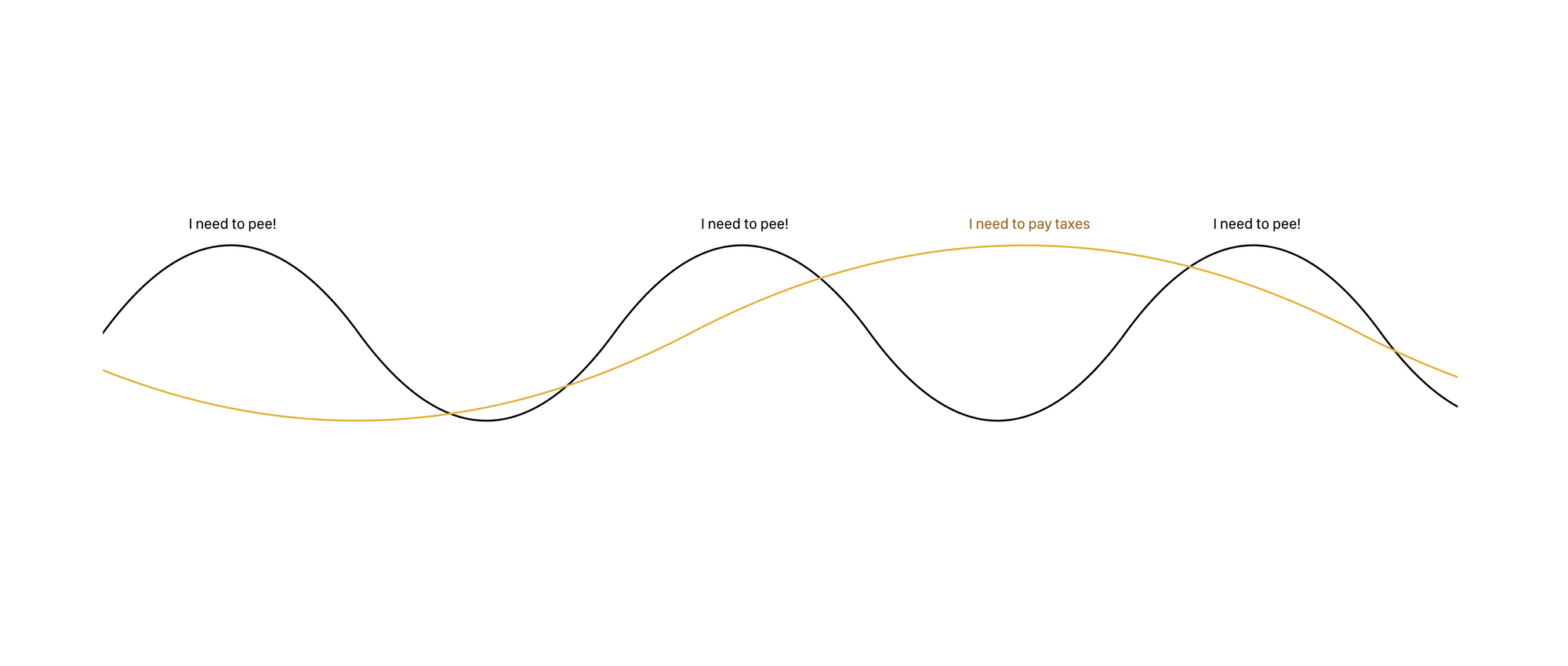Expert trap: What is it? (Part 1 of 3) – how hindsight, hierarchy, and confirmation biases break conductivity and accuracy of knowledge
Crossposted from Pawel’s blog This essay has three parts. In part one, I include notes on epistemic status, I give a summary of the topic. But mainly I describe what is the Expert trap. Part two is about context. In “Why is expert trap happening?” I dive deeper explaining biases and dynamics behind it. Then in “Expert trap in the wild” I try to point out where it appears in reality. Part three is about “Ways out”. I list my main ideas of how to counteract the Expert trap. I end with conclusions and with a short Q&A. Intro Version: 0.3. This is still a very early version of this article. Yes, this thing has versions and will improve with time. Feedback: I would love to understand what I am missing or learn about any counter-arguments. Feel free to write a comment, dm me, or share anonymous feedback here: sysiak.com/feedback. Writing style: I don’t normal write. English is not my native language. But I care about being simple and precise. Read more about my writing approach and values here: sysiak.com/about Epistemic status: I think it’s a great practice, to begin with Epistemic status. That is state your certainty, effort, link to sources, and point to main counterarguments. In this case, however, feel free to skip it and come back to it at the end. I am proposing here quite a large statement and I am writing with quite a lot of uncertainty. It may be interesting to first evaluate claims on your own. At the end of the series, I will remind you about coming back to epistemic status and I will post a short Q&A that will hopefully clarify some gaps. Epistemic status (optional) Certainty: If I were to pick one confidence interval for the main claim it would be Likely (70%). There are also parts of the described dynamics that I think are Highly likely (90%) or Almost certain (>97%). These are for example explanations about my-side bias, confirmation bias, and hindsight bias which I think are established and largely non-controversial. But I also have quite a lot
